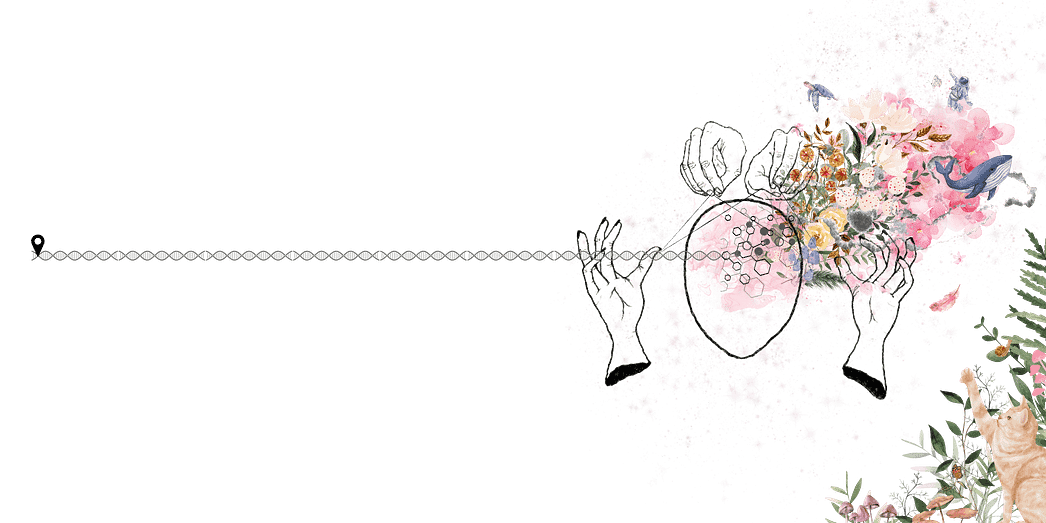So what have we learned?
Let's make sure we're linking real life to this (oft dense) chain of empirical findings.
Eastern cultural standards based on Confucianism seem unrelated to our individualistic Western experience, but many similar narratives are consciously or subconsciously present in our Filial Obligation practices, ideals, expectations, and self-judgments.
We (or others) may be unknowingly assessing ourselves in light of these Filially Pious tenants, creating psychological strain and a sense of inadequacy.
This is significant, because the felt weight of Filial Obligation (Caregiving Burden) is an individual perceptual experience that incorporates psychological strain, as much as it is a measurable description of caregiving responsibilities.
If we feel more encumbered by our Filial Duties or expectations of duties, we suffer worse Caregiving Burden outcomes, regardless of "measurable burden observed from outside perspectives."
Common caregiving outcomes can include: depressive symptoms and major depression, emotional strain, anxiety, loss of identity and self-esteem, cognitive decline, strained relationships, employment inhibition, decreased life satisfaction and subjective wellbeing, harmful behaviors towards self and other, physical ailments and chronic conditions, heart disease, increased risk of suicide and higher premature mortality.
All of that said, Filial Piety may be a protective factor.
A Pious Filial nature stands to earn social recognition for excellent Caregiving performance and has the opportunity to prepare themself for the pending, known, expectations of Filial Duty. This could reduce the perceived Burden of Filial Obligation, and lead to better outcomes.
Ideally, theoretically, (and spiritually,) parental Caregiving can be a self-development practice "for our own good." Per Confucianism "our ascension" may depend on it.
But, studies show that not every individual who adheres to high Eastern standards of FilOb and FilPi experiences this decreased Caregiving Burden.
In fact, research results are highly indeterminate of the connection between heightened personal expectation for Filial Duty and Caregiver strain.
This is hypothesized to be caused by the pressure to perform eclipsing the actual abilities of the Caregiver.
It's believed that this counterintuitive effect is because strongly Filial family members assess themselves to be failing their lifelong Filial duty and missing their chance for self-ascension, making the perceived weight of Caregiving heavier.
Under the load of expectation, the Filially Pious and Family-Supportive, too, suffer. Their belief and cultural expectations may not be a source of sustainable strength, but reminders of their shortcomings.
Depression, in fact, may be higher for those who are strongly Filial or so-Obliged.
TLDR:
In personal terms, the major takeaway is?
The perception of caregiving may be the most important factor, across cultures, in determining Caregiver health experiences and outcomes.
Thus, explaining why it is such an individualized experience which cannot be sufficiently characterized or compared across personalities, interpersonal relationship quality, or personal circumstances.
No one can describe YOUR Caregiving experience, nor can you vicariously adopt theirs.
It appears rather conclusively that it's not your 'shittyass attitude' (or whatever your critics spout off) towards family or personal responsibility that creates a negative Caregiving experience.
In fact, it may be your strong sense of responsibility, itself, that is creating undeserved stress.
... Especially if that sense of responsibility is challenged by unsettled past and present relationship issues with the Carereceiver or surrounding family system.
One last time for the Fuckers in the back:
Relationship between filial obligation and caregiver depression among adult children: A systematic review and meta-analysis
Yuqin Pan, Ruyi Chen, Dongliang Yang
Nursing Open. 2023;10:3474–3485.
However, the relationship between filial obligation and caregiver depression remains unclear. Findings are mixed regarding the impact of filial obligation on adult children across cultures.
For example, stronger perception or increased performance of filial obligation reportedly either increased, decreased or was not significantly associated with caregiver depression among adult children in the U.S., Korea, Brazil, and China.
Hence, it is not conclusive yet whether filial obligation has a beneficial or detrimental role in caregiver depression globally, and no meta-evidence is available to guide nursing interventions or social policies for supporting adult child caregivers.
We're on our own, in our individual circumstances, as the world population ages.
And no two experiences are going to be identical because they're highly susceptible to the threats of psychological self-assessment.
Now let's take a damn quiz and move on to the deeper dives.

